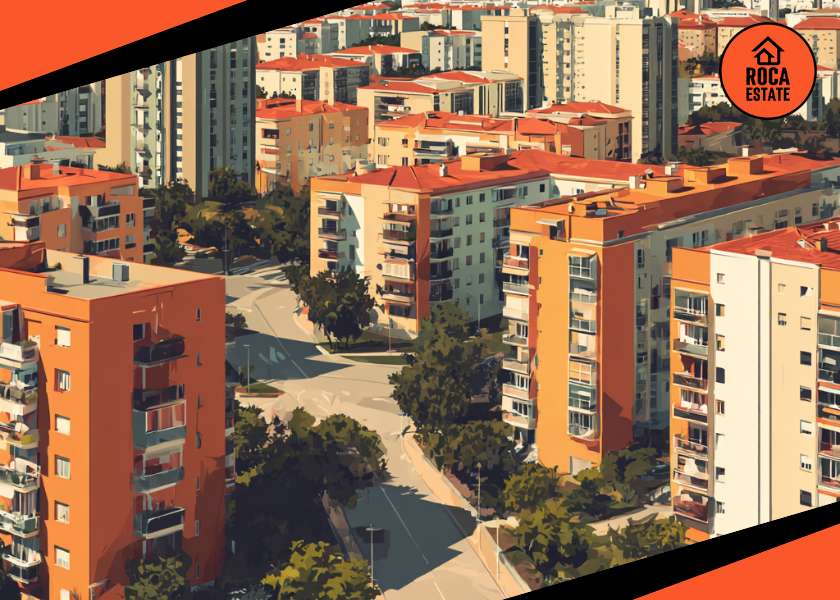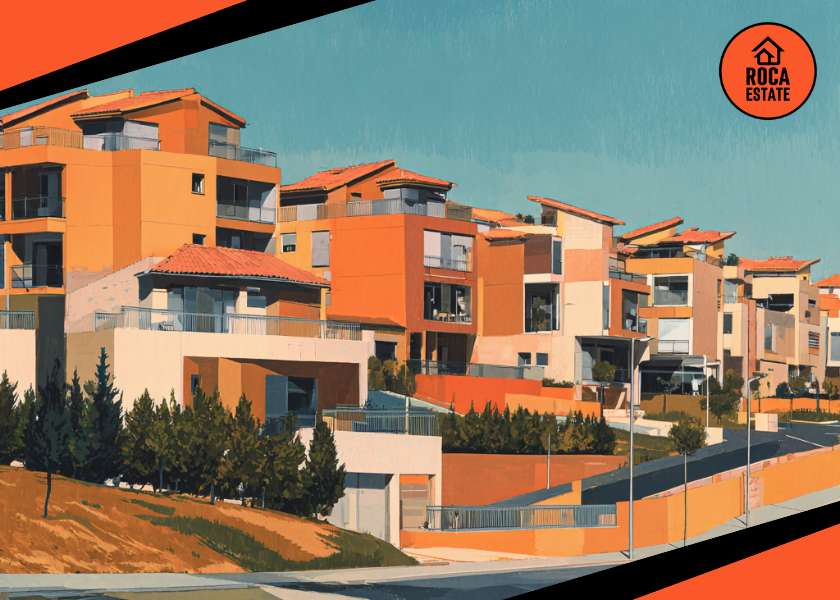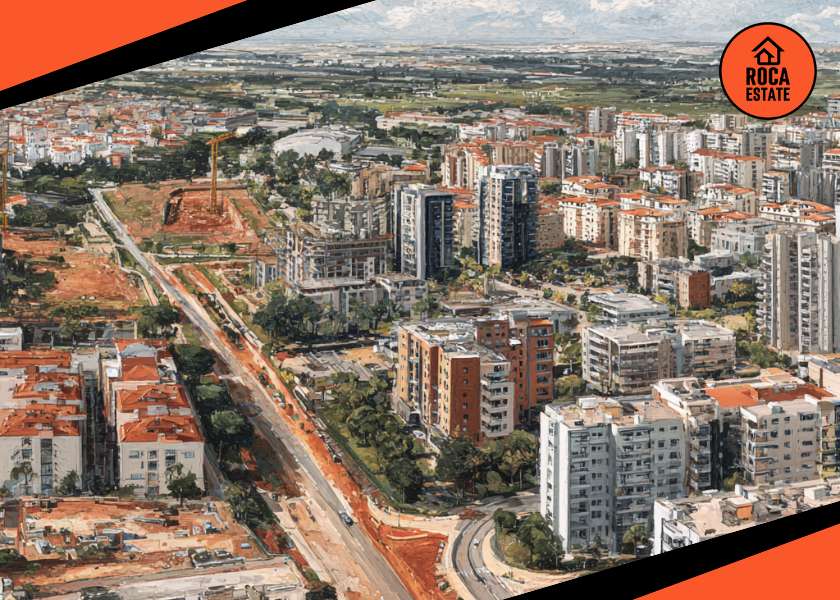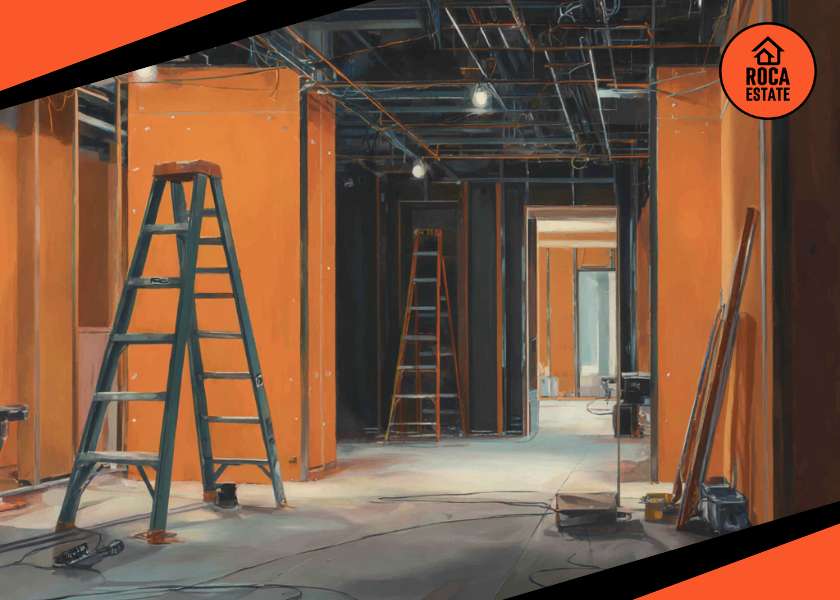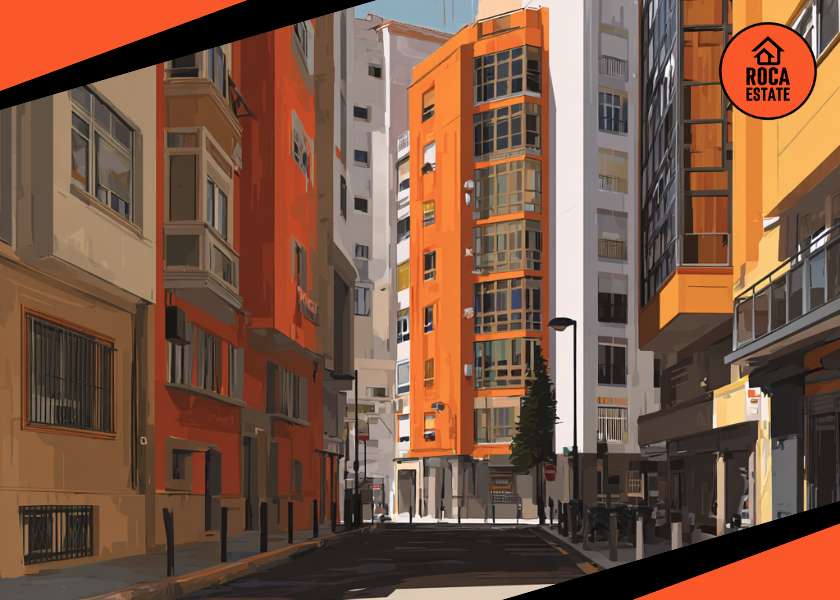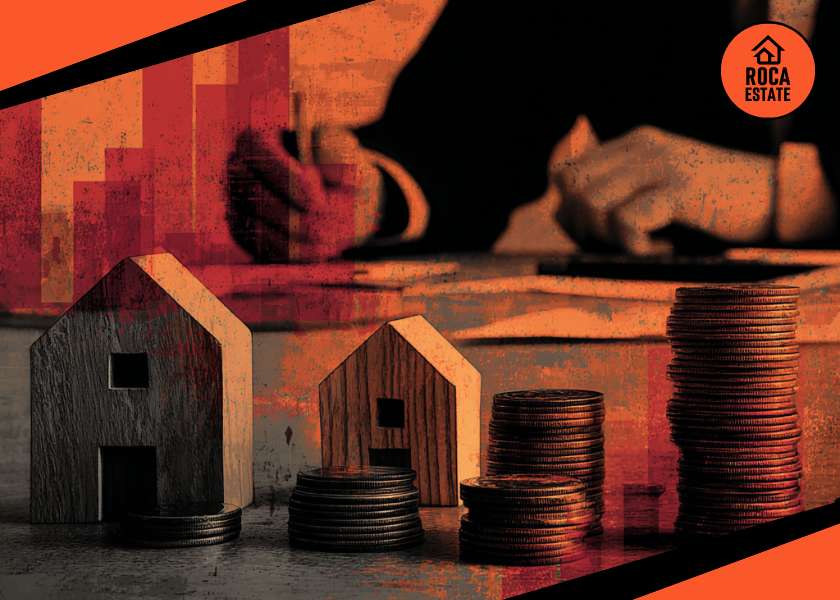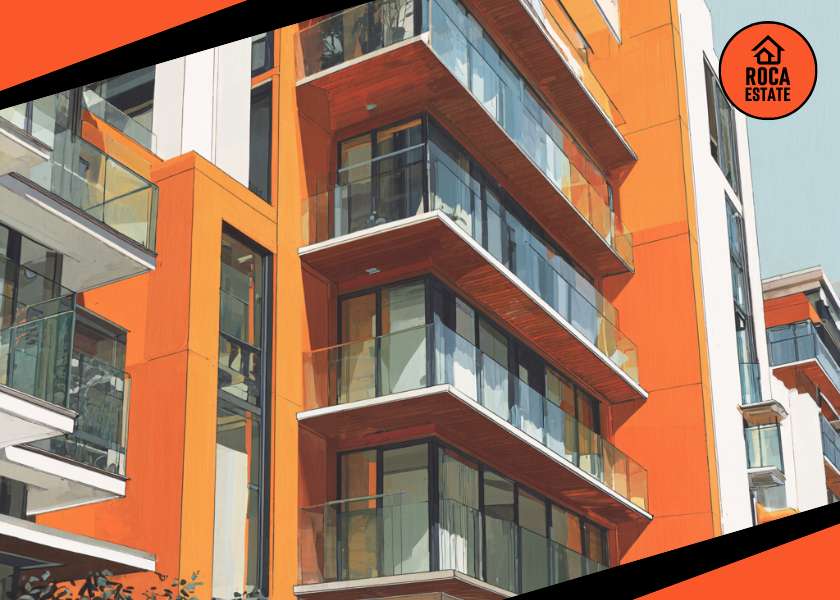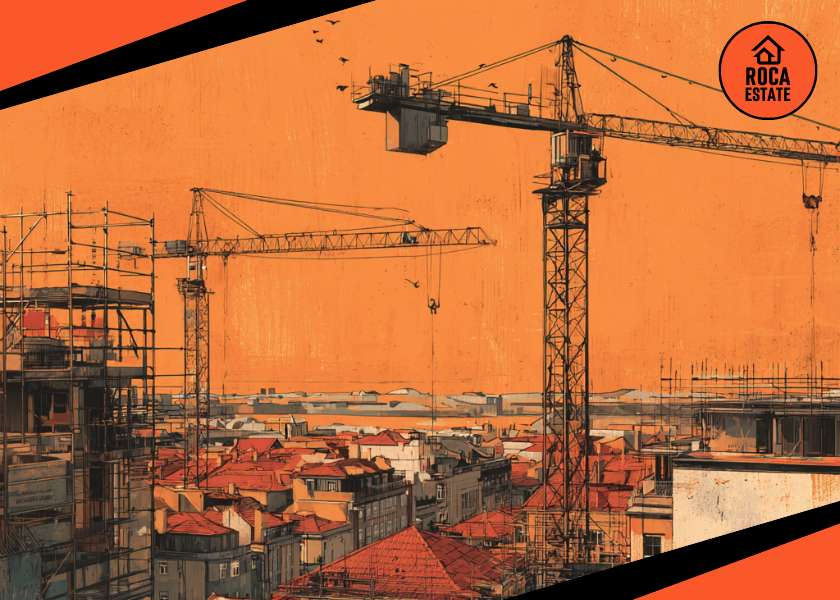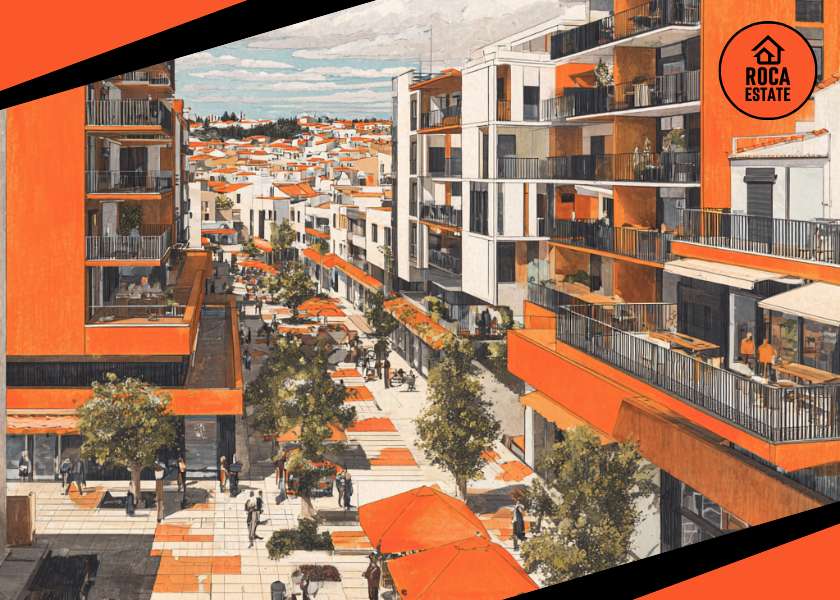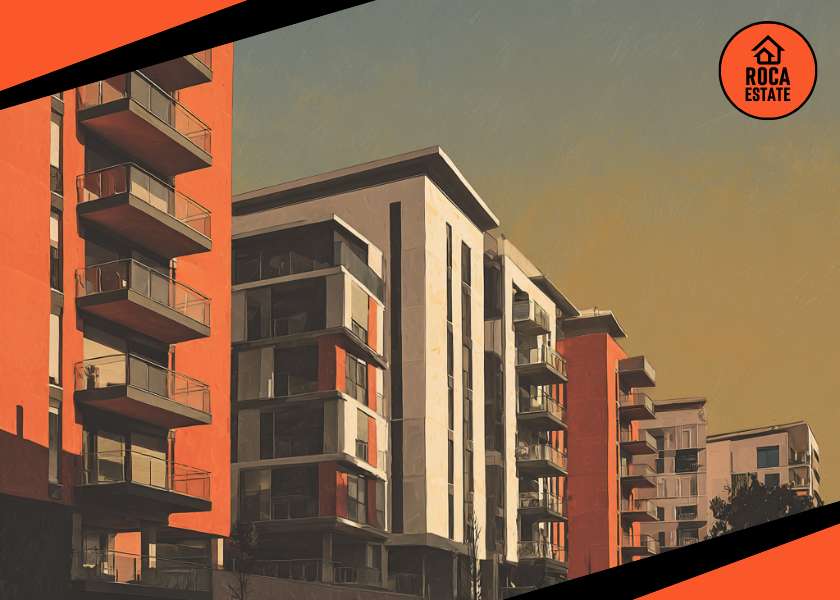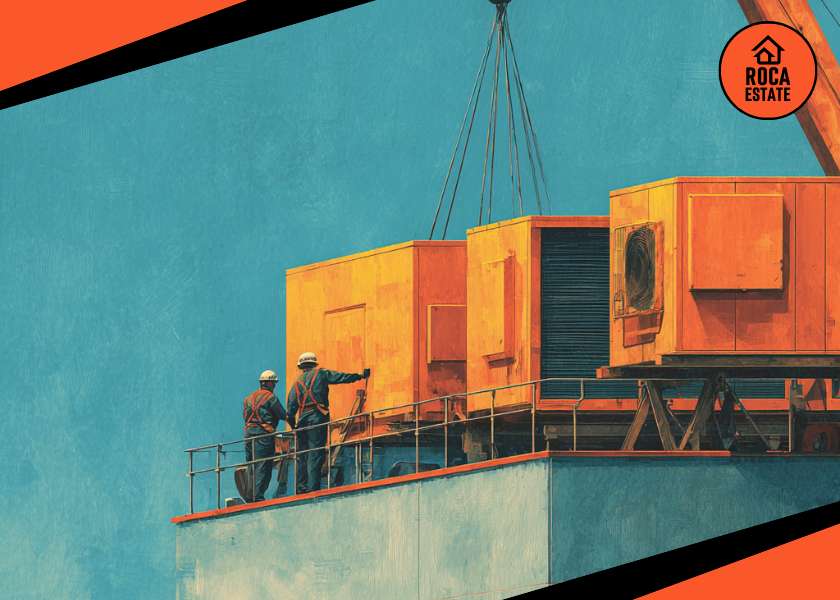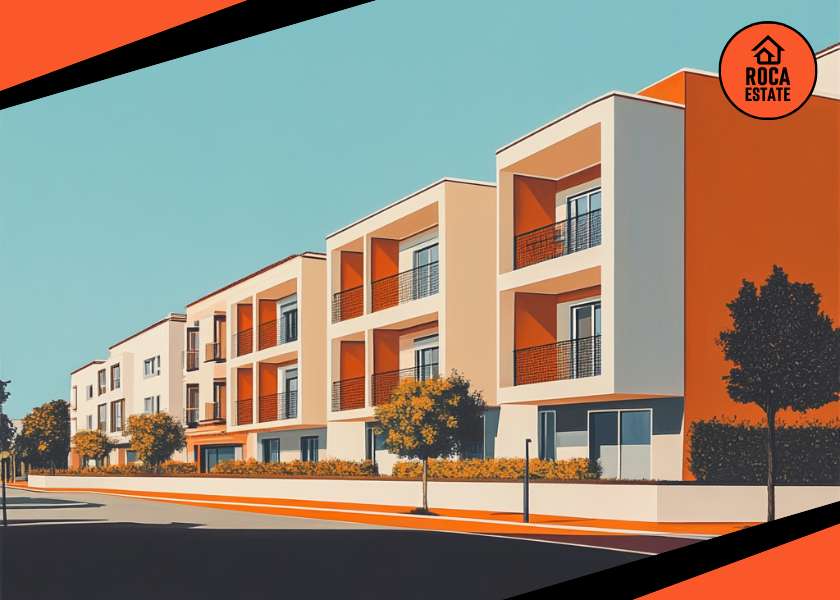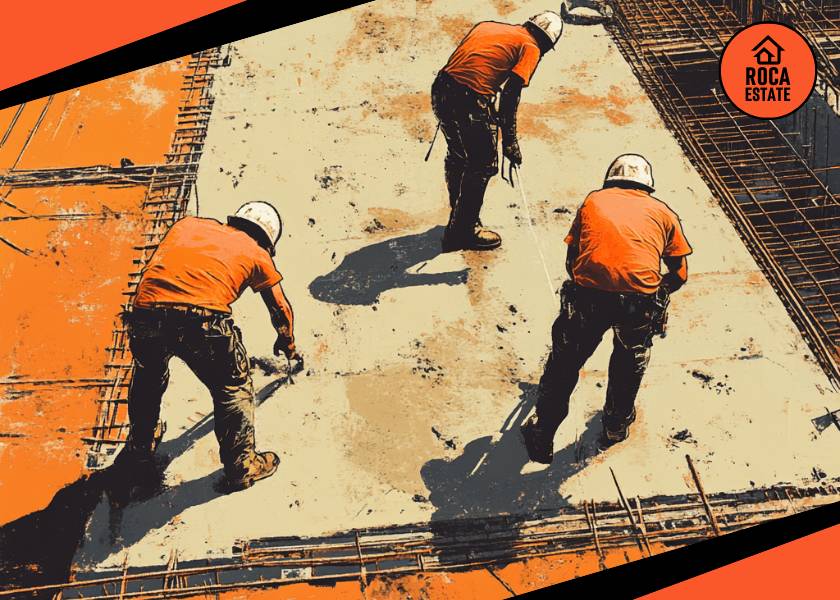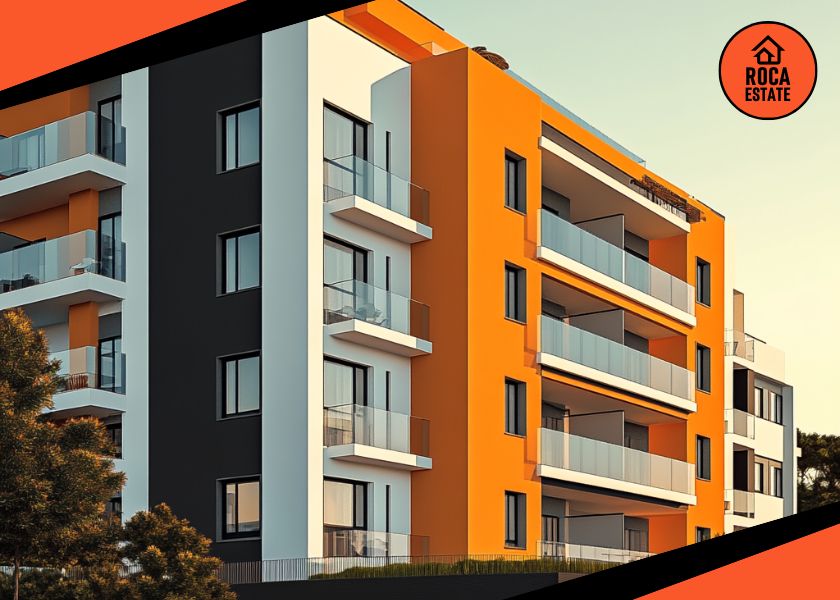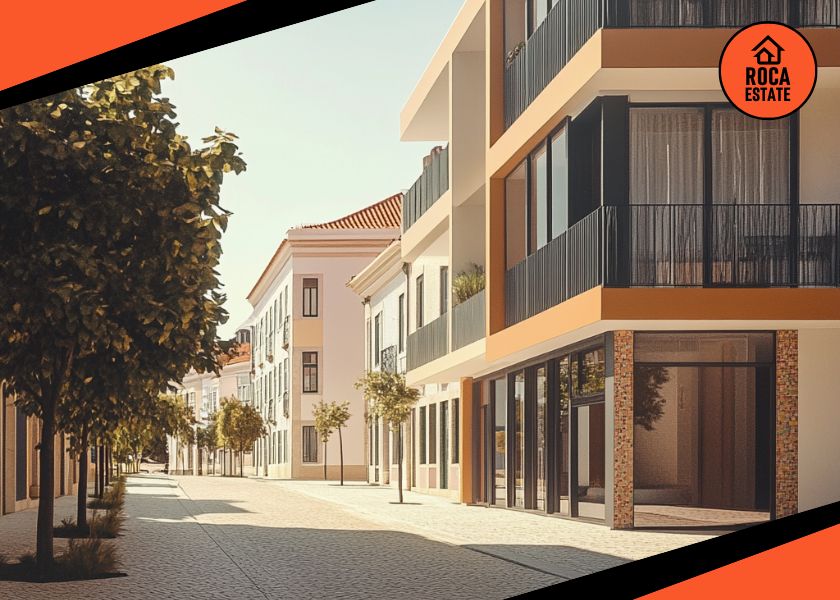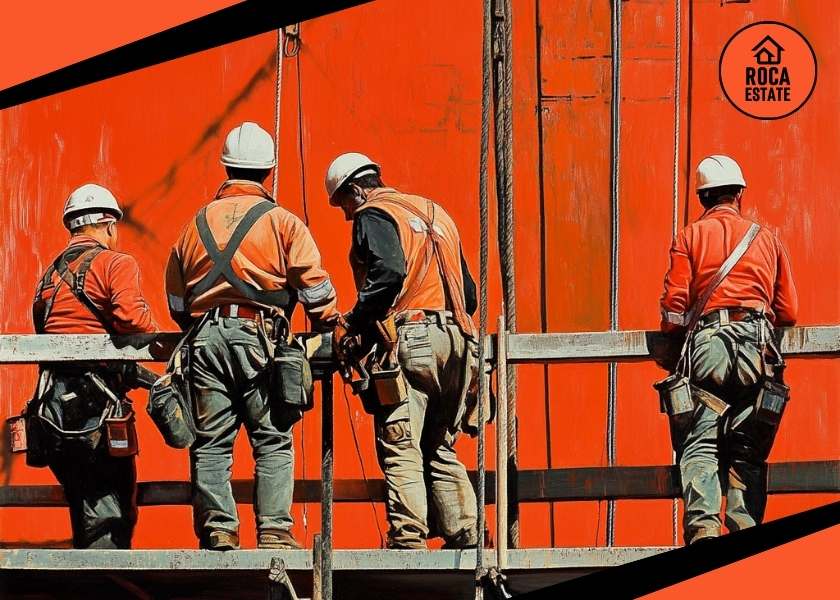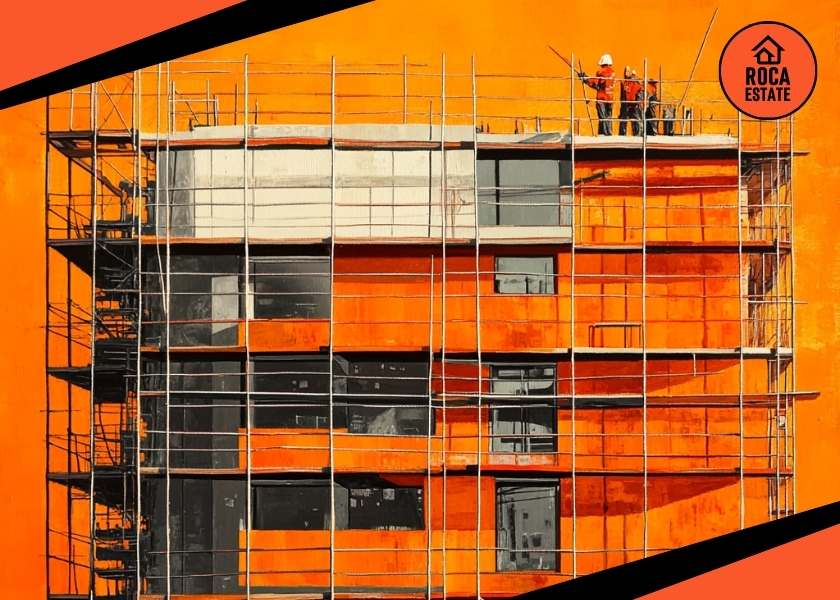The Portuguese construction industry has demonstrated resilience and growth in recent years, offering a compelling landscape for real estate investors. The latest data from July 2024 provides valuable insights into this sector, highlighting trends in production, employment, and wages that may influence investment decisions. Below is a detailed analysis of these trends and their implications for potential investors in Portugal’s property market.
1. Growth in Production: Stability with Positive Momentum
The Index of Production in Construction grew by 2.0% in July 2024 compared to the previous year, although this was a slight deceleration from June’s figures. This growth trend is indicative of sustained demand for construction activity across various segments, including residential and commercial properties.
- Implication for Investors: A steady increase in construction activity reflects a growing economy and a healthy demand for property. For investors, this suggests opportunities in new developments, whether in urban residential areas or commercial real estate. The moderate pace of growth signals stability, which is crucial for long-term investments.
2. Employment and Wages: Rising Costs, but a Sign of Sector Strength
Employment in the construction sector rose by 2.2%, and wages increased significantly by 10.1% year-on-year. The wage growth, which outpaces employment growth, suggests that labor is becoming more expensive, likely due to a competitive labor market or increased demand for skilled workers in the construction sector.
- Implication for Investors: Rising wages might indicate higher construction costs, which could lead to increased property prices. However, this also reflects a robust construction sector that is attracting skilled workers and has the potential to maintain the quality of ongoing projects. Investors should be mindful of rising costs when considering project budgets but can also expect the market to maintain its attractiveness due to quality labor force inputs.
3. Sector Breakdown: Building Construction vs. Civil Engineering
The report indicates that both building construction and civil engineering contribute to the overall production growth, although the data does not specify which sub-sector is driving the increase. In Portugal, civil engineering projects (such as infrastructure development) often run parallel to commercial and residential construction efforts.
- Implication for Investors: Investors should assess specific opportunities within both the residential and infrastructure sectors. While residential property is typically the go-to for many investors, growth in civil engineering may indicate that infrastructure development is a priority in certain regions, potentially enhancing the value of nearby real estate investments.
Conclusion: Portugal’s Construction Sector – A Balanced Opportunity for Real Estate Investors
For real estate investors considering Portugal, the 2024 trends present a positive yet cautious outlook. The steady growth in production, alongside rising employment and wages, highlights both opportunities and challenges. The rising wage index, while pushing up costs, is a signal of the sector’s vitality and its capacity to sustain demand. Moreover, Portugal’s consistent development in both the construction and civil engineering sectors means that the country is continuing to invest in its infrastructure and housing, key factors that drive property values.
While rising costs need to be factored into investment strategies, particularly for those interested in new developments, the overall market dynamics suggest that Portugal remains a viable and attractive market for property investors, especially those looking for long-term value creation.
Investors should continue to monitor industry reports to gauge the sustainability of this growth and align their investment strategies accordingly.
Index of Production in Construction
With Portugal’s construction sector expanding and wages on the rise, the outlook for real estate investment in Portugal remains promising. For a broader overview of available assets and expert strategies to navigate the evolving market, explore our curated selection of investment opportunities in Portugal.



